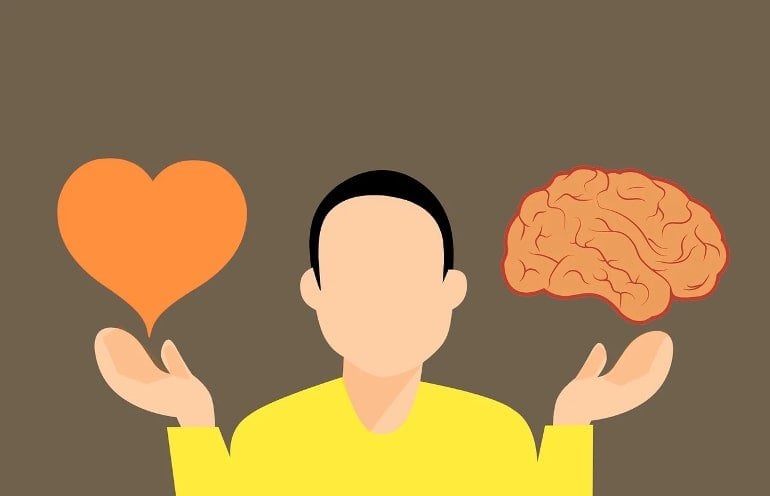Summary: Researchers have found that high blood pressure, depression, and emotional brain activity are linked to the development of hypertension.
Source: Max Planck Institute
Our mental health and that of our cardiovascular system have a complex interaction.
A recent study from the Max Planck Institute for Human Cognitive and Brain Sciences (MPI CBS) in Leipzig, Germany, now shows the links between high blood pressure and depressive symptoms, well-being and related brain activity. to emotions that may be relevant to the development of hypertension.
Several studies have already reported a link between mental health and hypertension, with mixed or even contradictory results.
In their study, MPI CBS researchers have now thoroughly analyzed the relationship between mental health, high blood pressure and hypertension in people aged 60, using extensive psychological, medical and imaging data from the elderly population.
“To get statistically robust answers, we used the UK Biobank’s very large sample size with over 500,000 study participants. We were able to show that high blood pressure is associated with fewer depressive symptoms, greater well-being and lower emotion-related brain activity, which is surprising at first, but can be explained by our other discoveries”, reports Lina Schaare, first author. of the study.
Interestingly, researchers have also found that the threat of high blood pressure (hypertension) is linked to poorer mental health, even years before hypertension was diagnosed.
“In the clinic, we observe that affected people often feel tired and fatigued and then do not take their blood pressure medication, as this additionally affects their mood,” says Arno Villringer, who heads the department of neurology at MPI. CBS and is the latest author of the study.
“On the other hand, we suspect that in people who feel mentally well with temporarily elevated blood pressure, reinforcement learning ultimately contributes to the development of permanent high blood pressure.
Indeed, the pain threshold also increases with higher blood pressure. This applies not only to physical pain, but also to social pain or greater stress. So they endure pain or stress, and then ten years later they are diagnosed with hypertension.
The researchers believe these findings lay the groundwork for new thinking about the link between mental health and the causes of hypertension.
For the prevalent diseases of depression and hypertension, such a shift in perspective could enable new therapeutic and preventive approaches that focus on the interplay of mental and physical health.
About this psychology research news
Author: Press office
Source: Max Planck Institute
Contact: Press Office – Max Planck Institute
Picture: Image is in public domain
Original research: Free access.
“Associations between mental health, blood pressure and the development of hypertension” by H. Lina Schaare et al. Nature Communication
Abstract
Associations between mental health, blood pressure and the development of hypertension
Several studies have reported a link between mental health and high blood pressure with mixed or even contradictory results. Here we resolve these contradictions and further dissect the cross-sectional and longitudinal relationship between mental health, systolic blood pressure and hypertension using extensive psychological, medical and neuroimaging data from the UK Biobank.
We show that higher systolic blood pressure is associated with fewer depressive symptoms, greater well-being, and lower emotion-related brain activity. Interestingly, impending hypertension is associated with poorer mental health years before HTN diagnosis. Additionally, a stronger baseline association between systolic blood pressure and better mental health was observed in people who develop hypertension up to follow-up.
Taken together, our results provide insight into the complex relationship between mental health, blood pressure, and hypertension, suggesting that, via baroreceptor mechanisms and reinforcement learning, the association of high blood pressure elevated with better mental health may ultimately contribute to the development of hypertension.

